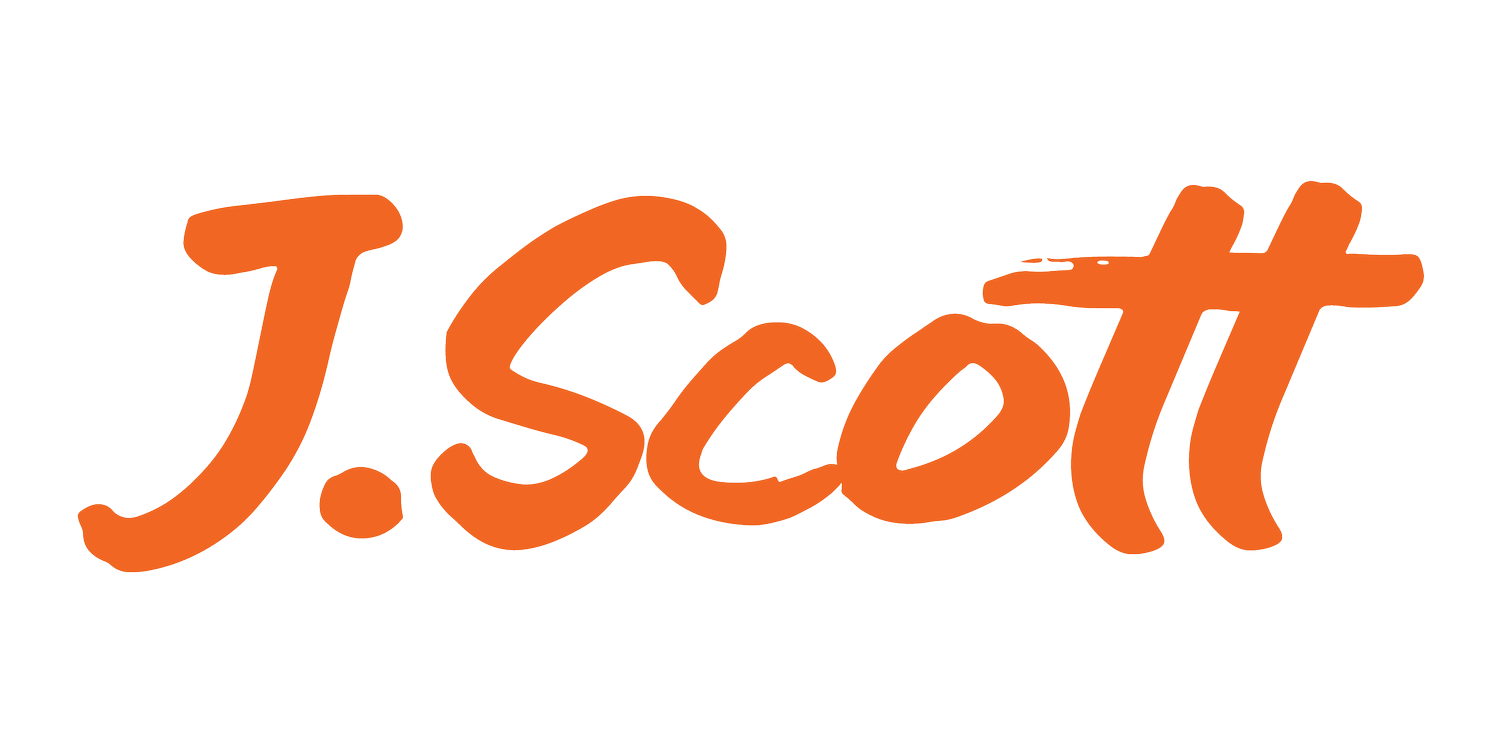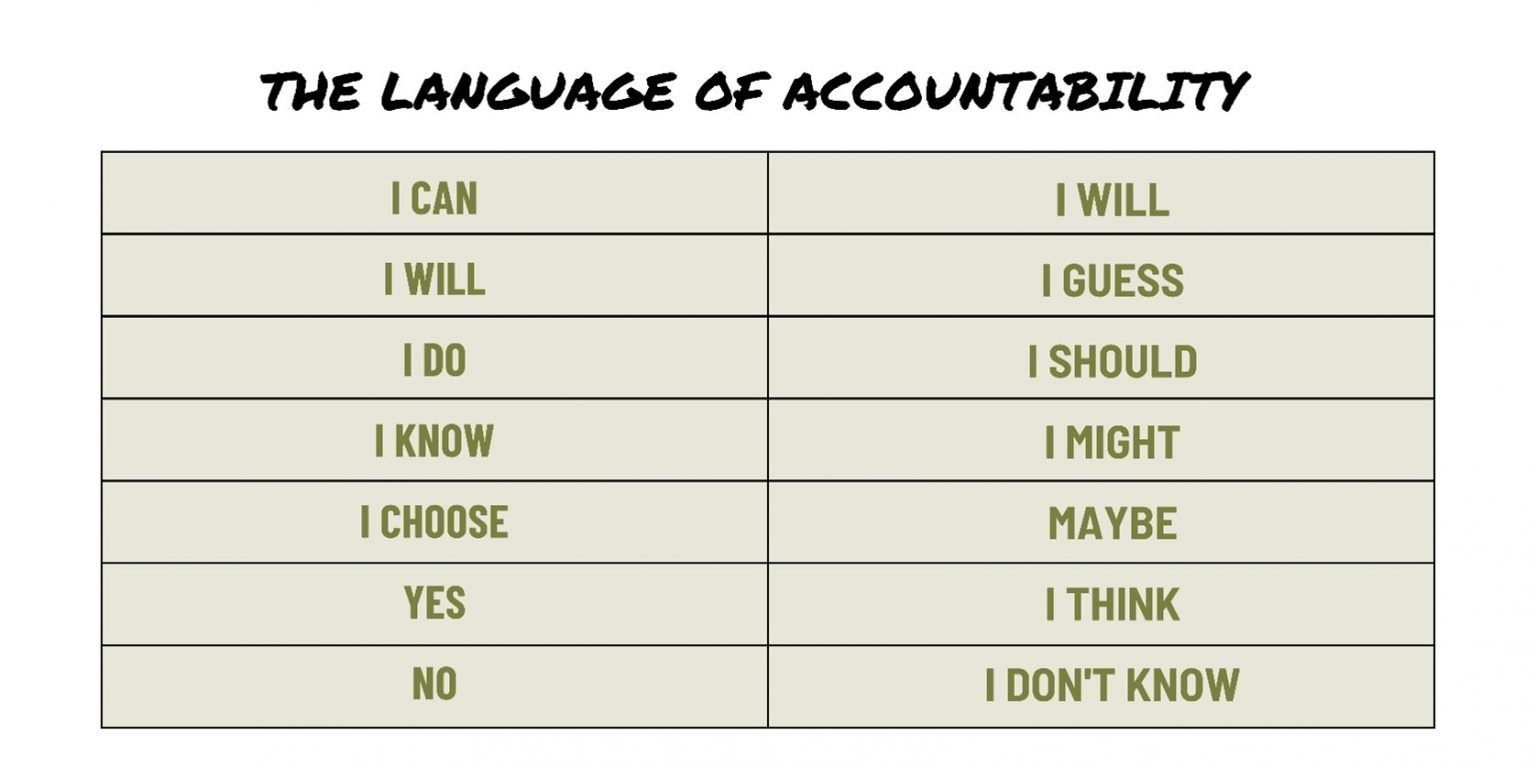THE LANGUAGE OF ACCOUNTABILITY
What Does Accountability Mean?When 120VC is helping our clients, we often hear teams saying they need to hold their team accountable. When leaders aren’t getting the results they need, they think they need to hold people accountable. If you’ve already read our insight on how accountability doesn’t work, you know that holding someone accountable isn’t possible. Transformative leaders have to disrupt the illusion of control around “holding people accountable.” Instead, we can build a culture that includes accountability and allows people to be self-accountable. If you’re too busy to help your team change, you won’t get different results.
We can build a culture of accountability by developing our leadership skills. You can’t help people stay accountable for a commitment they didn’t make, so it’s important to use the principles of cultivating good commitments and active listening as tools to look out for the language of accountability.
The Practice: ListeningYou might be surprised to hear there is a language of accountability that leaders need to listen for in building their culture, but there absolutely is. And it’s our responsibility as leaders to stop and listen.
Which of the below columns do you hear most often when asking for something to get done at your company?
If you mostly hear answers from the left column, then congrats! You probably have a culture of high accountability.
If you hear a lot more answers in the right column, you might be wondering why this language isn’t accountable.
People are usually surprised to hear that a “no” in accountability language is a better response than “I’ll try.” Why? Because “no” is a clear & voluntary commitment. Often, “I’ll try” ends up with the person not being able to complete the task and the team not getting the necessary and expected results.
Now, it’s important to know that people who have non-accountable language are not trying to be unaccountable. Humans fundamentally want to be successful and say “yes” most of the time. And that’s where leadership skills are needed.
The Action: Leading
Leadership is deeply human. You’re human. They’re human. It’s important to realize this fact in understanding how to be the best leader in creating this culture of accountability.
As leaders, we need to train ourselves to listen for these non-accountable responses and take answers like “I should” as a no. If you try this, your team might panic or push back and say “Well, I said I’ll try!” Reassure them! Building a culture of accountability takes time and leadership to let people know that “no” is a perfectly ok and committed answer. If no is not an option, then yes is meaningless.
Saying “no” is the setting of a productive boundary. We don’t want forced commitments from our team, it never ends well. The goal of accountability is not to get people to say “yes.” It’s to get committed responses that lead to a predictable outcome.
Listening is an important part of how successful people lead teams to build a culture of accountability. It’s setting people up for success and helping your team get a predictable outcome.
We can’t set our team up for success without listening for the language of accountability and only moving forward with good commitments.
The End Goal
Remember – the goal of accountability is to get committed responses that lead to a predictable outcome. Leaders need to build a culture of accountability that fosters committed responses everyone feels confident in. This minimizes failures, lets your team feel confident in their success, and aligns your team.
By creating this culture, you’ll have higher retention for top talent because you’ll be the leader who makes sure you’re setting your team members up for success.
For a deeper dive into the language of accountability, the Transformational Leadership Program is an online certification course designed to accelerate Organizational Change, Product, and Project Managers in their journey to become Transformative Leaders.

